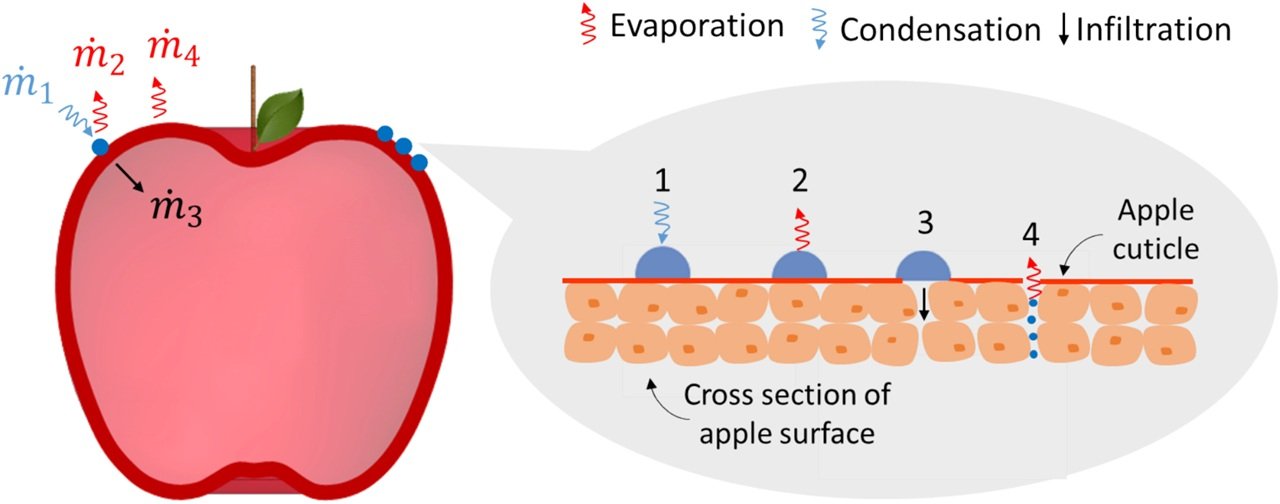A new review published in
Food Research International presents a comprehensive analysis of current challenges and future opportunities in postharvest cold storage for fresh produce. The international research team examines energy efficiency, environmental impact, and advanced monitoring technologies to support more sustainable and effective cold chain management.
The authors identify key issues in current cold storage practices, including non-uniform cooling, temperature stratification, moisture loss, and energy-intensive systems. These problems can lead to product spoilage, reduced shelf life, and increased food waste. The review highlights that even small variations in storage temperature or humidity can significantly affect the physiological and microbial stability of perishable items such as fruits and vegetables.
To address these challenges, the study reviews recent advances in refrigeration technologies, including sensor-based monitoring, artificial intelligence (AI) systems, and digital twin platforms. These tools enable real-time tracking of environmental parameters such as temperature, humidity, airflow, and gas concentrations. When combined with predictive modelling, they allow cold storage facilities to optimize energy use, prevent spoilage, and extend shelf life.
The integration of renewable energy sources and natural refrigerants, such as CO2 and ammonia, is also discussed as a strategy to reduce the environmental footprint of refrigeration. Case studies show that solar-powered and mobile cold storage systems can provide reliable cooling in off-grid regions, supporting food preservation for smallholder farmers.
Several commercially available technologies are analysed, including humidity-controlled cold chambers, dry misting systems, and AI-driven quality assessment platforms. Solutions like 1-MCP treatments and controlled atmosphere (CA) storage are also noted for their role in slowing down ripening processes and extending the marketability of produce.
The authors emphasize that wider adoption of advanced cold storage systems will depend on overcoming financial and technical barriers, particularly for small- and medium-sized operators. They suggest modular and open-source technologies, as well as improved training and digital readiness, as steps toward more accessible and efficient solutions.
"Future research should focus on data-driven optimization of cold storage designs, integrating predictive shelf-life models with real-time sensor data while considering cost, fruit quality, and energy consumption," the authors conclude.
